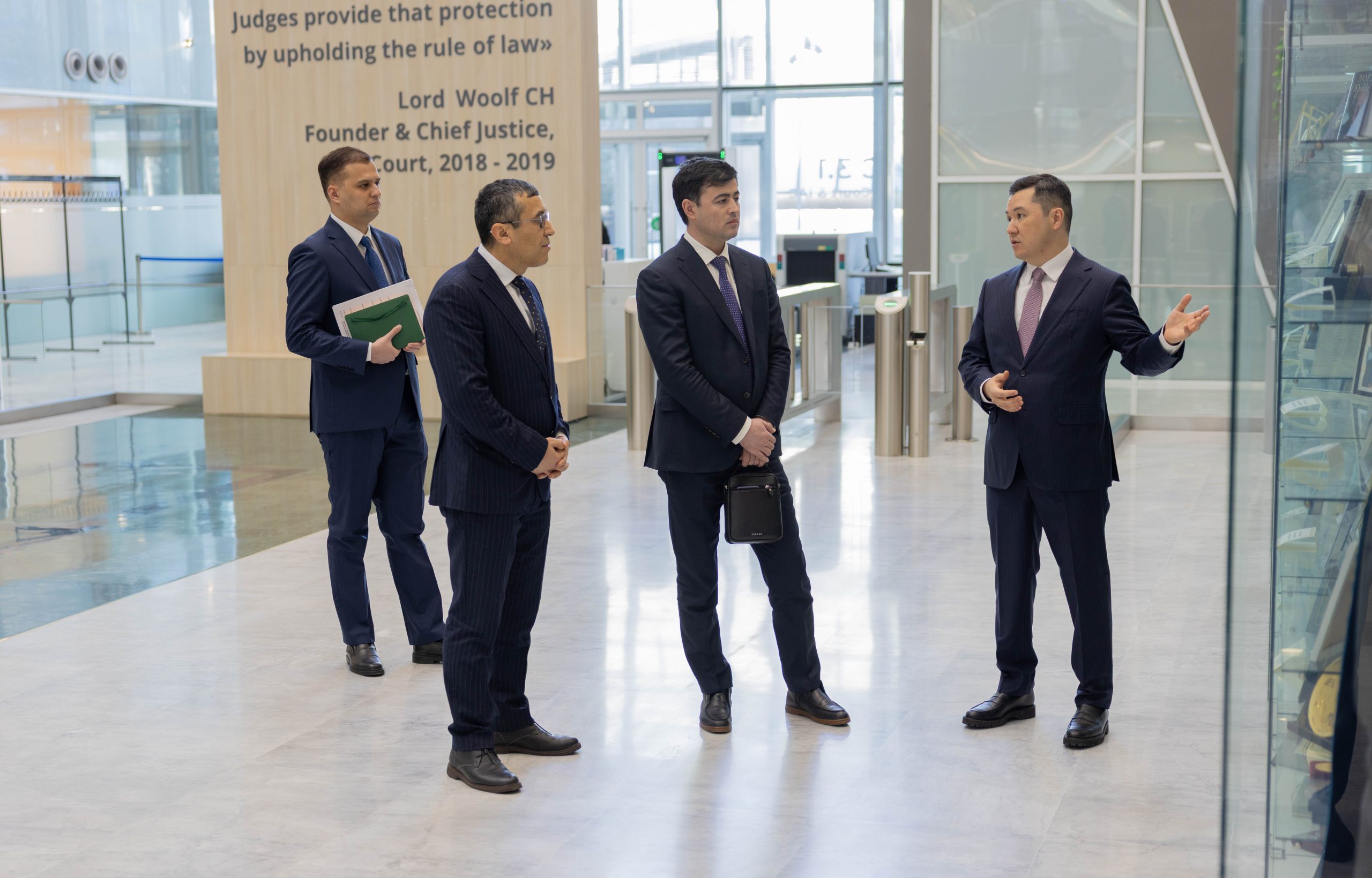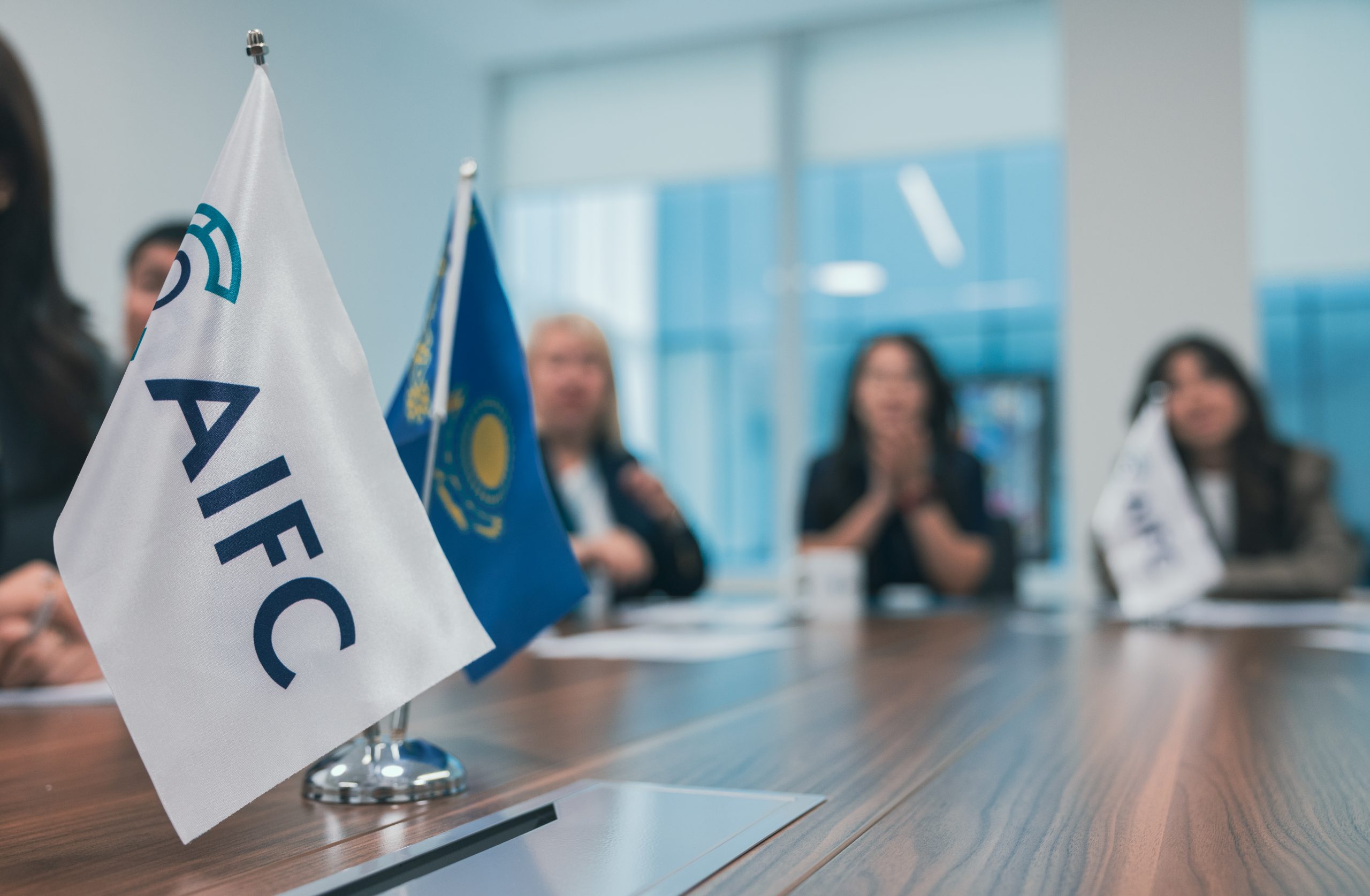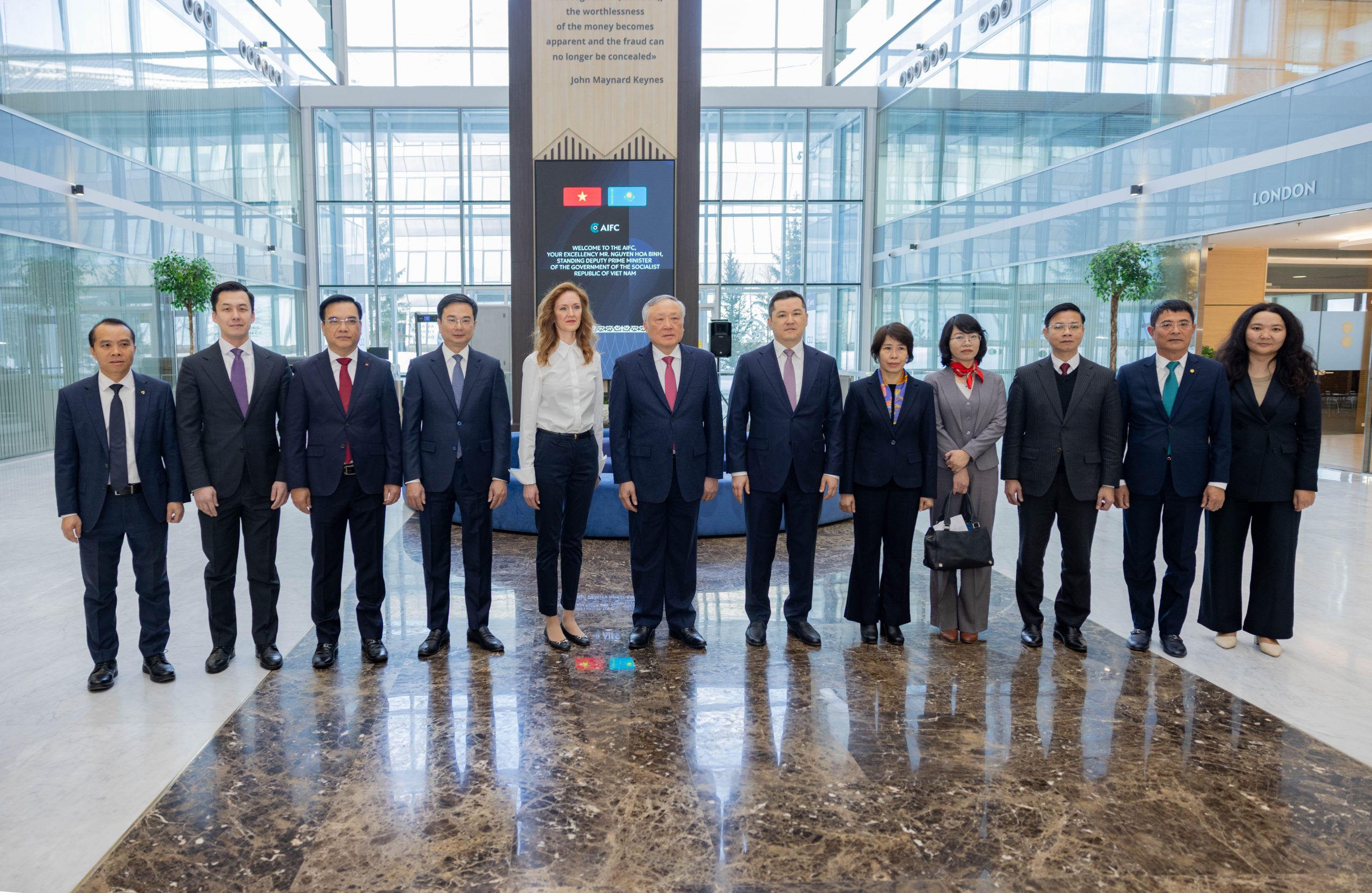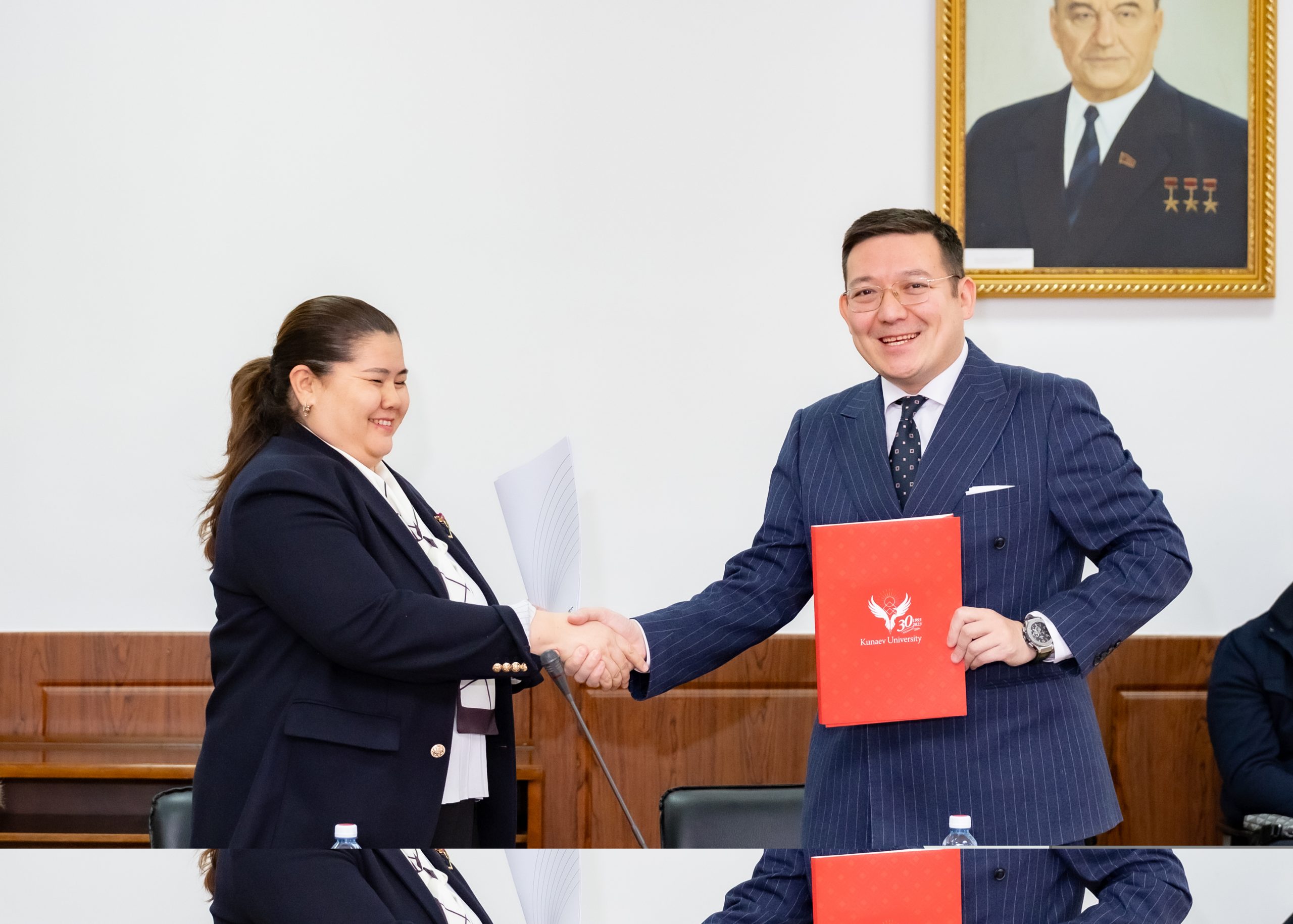Women, Peace and Security: the AIFC discussed issues related to the role of women in strengthening peace and security
On July 1, 2021, Women’s Economic Empowerment Forum commenced as part of the Astana Finance Days.
Within the framework of the Forum a session “Women, Peace and Security” was held on promoting the agenda on issues of international peace and security, and women’s effective participation and decision-making in public life.
Dr. Kairat Kelimbetov, Chairman of the Agency for Strategic Planning and Reforms of the Republic of Kazakhstan, Governor of the Astana International Financial Centre, delivered his opening remarks to the session.
The list of honored guests included Ms. Natalia Gherman, Special Representative of the United Nations Secretary-General for Central Asia, the Head of the UN Regional Center for Preventive Diplomacy for Central Asia (UNRCCA), Ms. Katrina Fotovat, Senior Official, Secretary’s Office of Global Women’s Issues, U.S. Department of State, H.E. Mrs. Zhanar Aitzhanova, Permanent Representative of the Republic of Kazakhstan to the UN Office and other international organizations in Geneva, Ms. Ayanat Ksenbay, founder of the US – Kazakhstan Women’s Alliance.
The session was moderated by H.E. Mr. Erzhan Kazykhan, Special Representative of the President of the Republic of Kazakhstan for International Cooperation.
During the session, speakers discussed the Women, Peace and Security (WPS) agenda, including the role of women and their influence on decision-making processes on issues related to peace, stability, and development, and increasing women’s role in peace processes.
Dr. Kairat Kelimbetov, Chairman of the Agency for Strategic Planning and Reforms of the Republic of Kazakhstan, Governor of the Astana International Financial Centre, noted that both AIFC and the Agency for Strategic Planning and Reforms of the Republic of Kazakhstan recognise the importance of gender policy coherence and that the implementation of the WPS agenda is closely linked with women’s economic empowerment.
“Furthermore, the Women, Peace and Security agenda is vital for ensuring regional peace and security. After the COVID-19 pandemic, it is extremely important to understand the role of women in ensuring equitable economic growth and sustainable development, and to continue developing policies for the economic empowerment of women around the world” said Dr. Kairat Kelimbetov.
Ms. Natalia German, Special Representative of the United Nations Secretary-General for Central Asia, Head of the UNRCCA, highlighted the importance of the recently established Central Asia Women Leaders’ Caucus created by most prominent female politicians of Central Asia in December 2020.
“The Central Asia Women Leaders’ Caucus is a unique example of solidarity among women leaders of Central Asia. The platform could become the essential actor not only in advancing the Women, Peace and Security Agenda, but in maintaining stability and security in the region as a whole” said Ms. Natalia German.
Ms. Katrina Fotovat, Senior Official, Secretary’s Office of Global Women’s Issues, U.S. Department of State:
“The Biden-Harris Administration is committed to gender equity and equality as a strategic, national security, and human rights imperative. Gender equality reduces poverty, increases access to education, improves health, and fosters democracy. We value our partnership with the Government of Kazakhstan and its commitment to advance gender equality in Kazakhstan and across the region, including in Afghanistan. The AIFC Women’s Economic Empowerment Forum is a critical opportunity to double down on this commitment, identifying tools, resources, and potential partnership opportunities to achieve success.”
H.E. Mrs. Zhanar Aitzhanova, Permanent Representative of the Republic of Kazakhstan to the UN Office and other international organizations in Geneva, delivered remarks summarizing the importance of Women, Peace and Security agenda and its relevance for Kazakhstan:
“By joining the UN Convention on the Elimination of All Forms of Discrimination against Women (CEDAW) Kazakhstan affirmed its commitment to respect and protect women’s rights. In 2019, we presented the fifth periodic report on the implementation of CEDAW. Recommendations of the Committee related to gender discrimination, domestic violence and ensuring equal opportunities were duly noted and reflected in national implementation plans. I believe this work is especially relevant today, when we are still recovering from the pandemic and women are hit hardest.”








